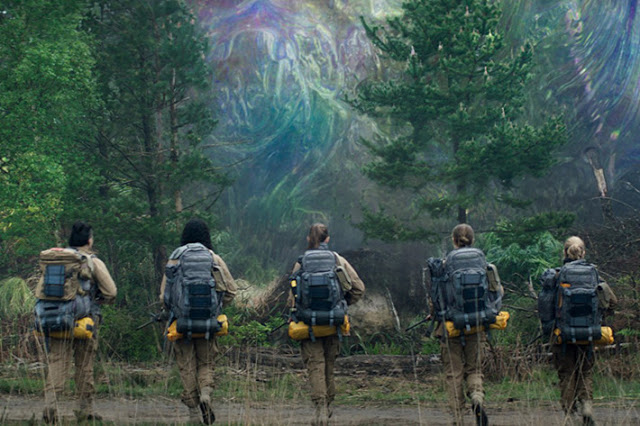Drop, Warfare, and Putting Viewers in the Shit

Roger Ebert famously said that the movies are a machine that generates empathy, but that same machine can also manufacture terror. Cinema is an art of forced perspective—we adopt the point of view of a film’s main characters, figuratively if rarely literally—and directors often use the medium to churn our stomachs, to make us experience anxiety and fear. Two of last weekend’s new releases, while occupying different genres and deploying different styles, share the goal of distressing their audience by thrusting you inside their heroes’ nerve-racking headspace. They may ask you to empathize, but they really want you to sweat and shudder.
Of the two, Drop is both the more conventional and the more outrageous. Directed by Christopher Landon from a script by Jillian Jacobs and Christopher Roach, it belongs to an emerging breed of subgenre: the technophobic thriller. Cells phones were supposed to ruin horror movies—why would the final girl cower in fright when she could just call 911?—but filmmakers have adapted, turning tools of salvation into instruments of torment. We spend an increasing percentage of our time interacting with screens; turns out, in addition to distracting us with cute memes, those displays can besiege us with images of our worst nightmares. Read More




